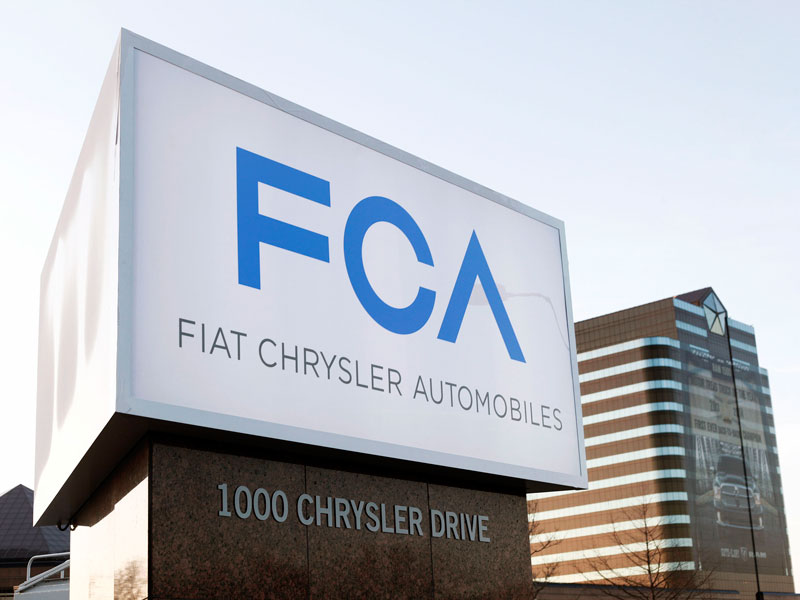Fiat Chrysler teams up with Tesla in bid to sidestep EU emissions fines
Italian carmaker Fiat Chrysler will pool its vehicle fleet with Tesla in order to avoid emissions penalties from the EU

Fiat Chrysler cars will now count as part of Tesla’s fleet of vehicles, which means that the Italian carmaker can report a lower figure for average emissions
Fiat Chrysler (FCA) has partnered with Tesla in a multimillion-euro tie-up that will allow it to avoid large fines for breaking new stricter EU emissions laws.
This move will bring FCA’s fleet under the permissible threshold for emissions, under regulations that come into force next year
Under the terms of the deal, which was first reported by the Financial Times, FCA’s cars will count as part of Tesla’s fleet, meaning the Italian carmaker can report a lower average emissions figure.
This move will bring FCA’s fleet under the permissible threshold for emissions, under new regulations that come into force next year. By 2021, all car manufacturers must achieve an average of 95g of CO2 per kilometre or face an excess emissions premium of €95 ($106) per gram above the set limit.
According to data from Jato Dynamics, FCA is currently a long way above that high-water mark, averaging 123g of CO2 per kilometre in 2018. UBS said the company had the “highest risk of not meeting the target”. FCA has also lagged behind other carmakers in electric vehicle development, further raising its emissions profile.
Under EU regulations, carmakers are able to pool their fleets in order to bring average emissions beneath the chargeable limit, an option that FCA has demonstrably taken through this tie-up with Tesla. It is the first auto manufacturer in Europe to do so through the so-called open pool system.
“The purchase pool provides flexibility to deliver products our customers are willing to buy while managing compliance with the lowest cost approach,” FCA said in a statement.
According to a declaration published on the EU’s website, the two companies partnered on February 25, with FCA announcing that Tesla would be counted in its fleet of brands, which also includes Alfa Romeo, Jeep and Maserati. While the document does not give financial details, it is thought the deal is worth hundreds of millions of euros.
This is not the first time that Tesla has leveraged its eco-credentials in order to cash in from other carmakers. The electric automaker earned $103.4m last year by selling zero emissions vehicle credits under a programme operated in its home state of California.
Given its success in the US, it is unsurprising that Tesla is now opting to replicate this business model within Europe. It does raise questions, however, as to the efficacy of EU regulations in reducing emissions. Indeed, by teaming up with Tesla, FCA has been able to circumvent fines without yet taking significant action to reduce its average vehicle CO2 output.













